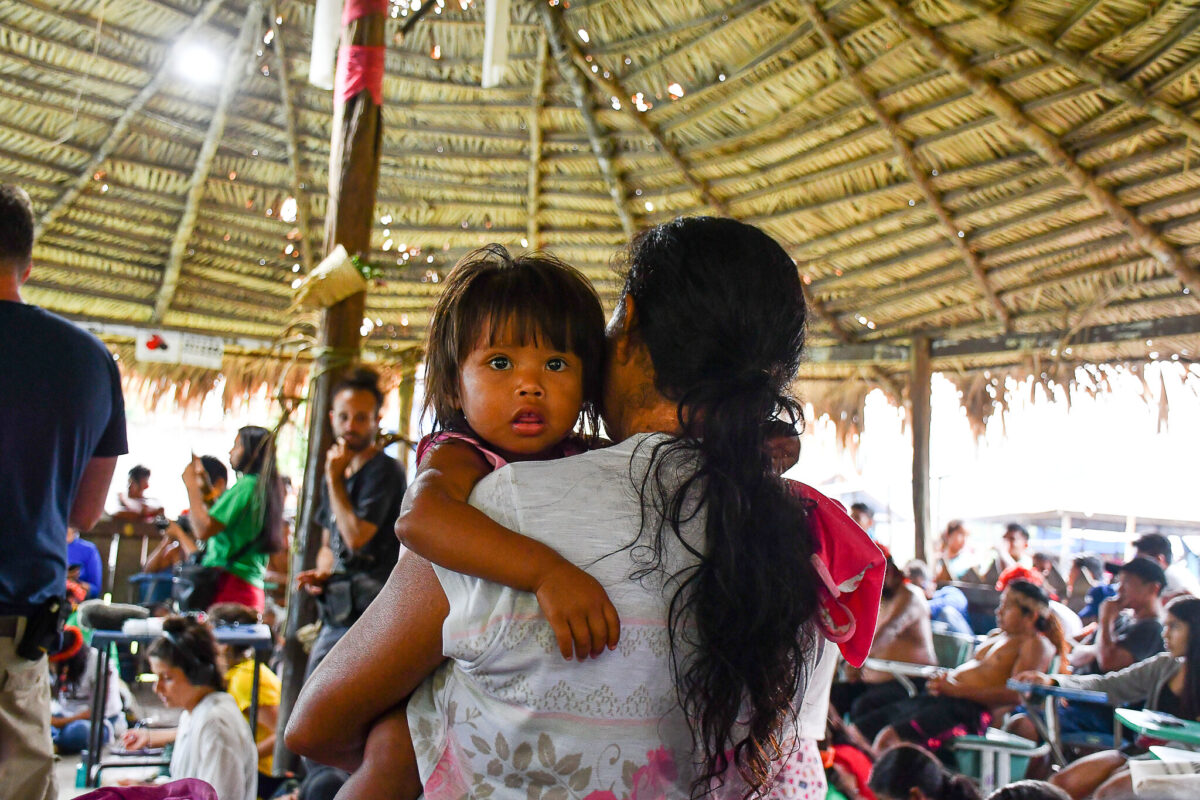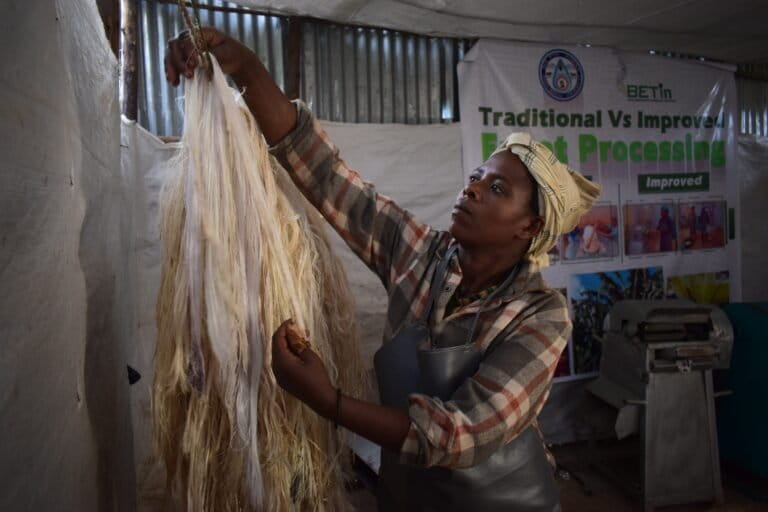- Indonesia’s Environment and Forestry Ministry wants to reform the structure of conducting environmental impact assessments, which are required to approve any development project that could cause harm to the environment.
- These assessments, known as an AMDAL, have routinely come under scrutiny in the wake of land conflicts and disputes.
- Environmental activists have welcomed the push for a review as long as it results in a more efficient and stringent process for developers to obtain an AMDAL.
JAKARTA — The Indonesian government says it will revamp the process of carrying out environmental impact assessments, amid increased scrutiny over the legitimacy of many of these analyses in environmental and land disputes across the country.
Environment and Forestry Minister Siti Nurbaya Bakar said the review would be in line with the government’s target of making it easier for investors to obtain permits in Southeast Asia’s biggest economy.
“We want to review everything about the impact assessment, from its regulation, its weak points, and its monitoring and law enforcement procedures. We want to improve the process thoroughly,” she told reporters in Jakarta last week.
Obtaining an environmental impact assessment, known as an AMDAL, is part of the lengthy permitting process for development projects in Indonesia, and gives the general public a chance to weigh in. The assessments are mandatory for any project with the potential to cause disruption, from environmental degradation to posing a national security risk.

The minister did not elaborate on how the rules for obtaining an AMDAL would be changed, but said her office planned to discuss the review with experts and activists.
She acknowledged that the current process had some loopholes that were often exploited by companies to cut through Indonesia’s notoriously lengthy bureaucracy.
“The challenges include the quality of documents submitted and those involved in making them,” Siti said.
In practice, the consultants who carry out an assessment for a project are typically hired by the project developer, creating a conflict of interest; the participation of local residents who might be affected, meanwhile, is often minimized or blocked entirely.
In many cases, developers begin operating illegally before an AMDAL has been completed — particularly in the palm oil and mining industries — giving rise to the very problems the assessment is meant to prevent.
One recent case saw the arrest of Tubagus Imam Ariyadi, the mayor of Cilegon, a coastal city in western Java, for allegedly seeking a 1.5 billion rupiah ($112,650) kickback to issue an AMDAL for a shopping center.
In 2015, Indonesia’s National Commission on Human Rights (Komnas HAM) said flawed environmental impact assessments plagued the country’s mining concessions and other developments, including a government-backed cement factory project in Rembang district, Central Java.
The latter project has resulted in one of Indonesia’s most high-profile land conflicts, now tied up in litigation. Residents and activists say they fear the plant will threaten local water resources that hundreds of thousands of people depend on.
Nur Hidayati, executive director of the Indonesian Forum for the Environment (WALHI), an NGO, welcomed the plan for AMDAL reform, saying the permit has long been seen as merely an administrative requirement for getting a business permit.
“In fact, an AMDAL determines whether a project is fit or not to commence, and it is to be used by the government to monitor and assess how the project is being carried out,” she said.
Nur said she expected any amendments to bring about a more efficient and stringent version of the assessment, particularly with respect to enforcement of environmental and zoning laws.
“The monitoring capacity, whether at the national or regional government, is currently inadequate in light of the number of permits issued so far,” she said. “We are prepared to discuss the AMDAL review with the government.”
Siti said her ministry aimed to have the review done and ready for implementation before the current administration’s term ends in 2019.
“It shouldn’t be very difficult changing a regulation like this,” she said, noting that the administration of the AMDAL fell wholly under her ministry’s authority.
Banner image: An open pit at a copper and gold mine in eastern Indonesia. Photo by Rhett A. Butler/Mongabay.
FEEDBACK: Use this form to send a message to the author of this post. If you want to post a public comment, you can do that at the bottom of the page.














